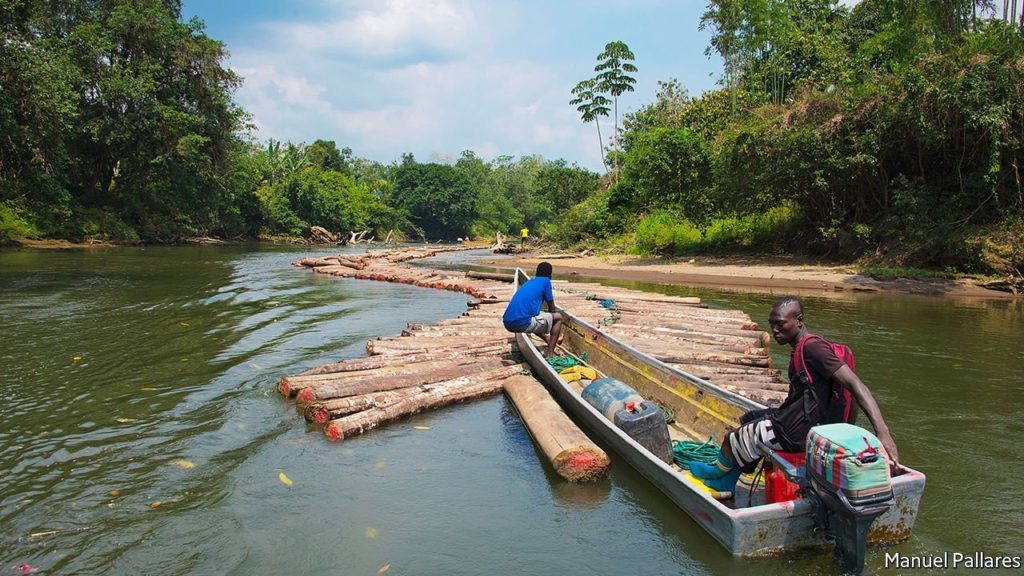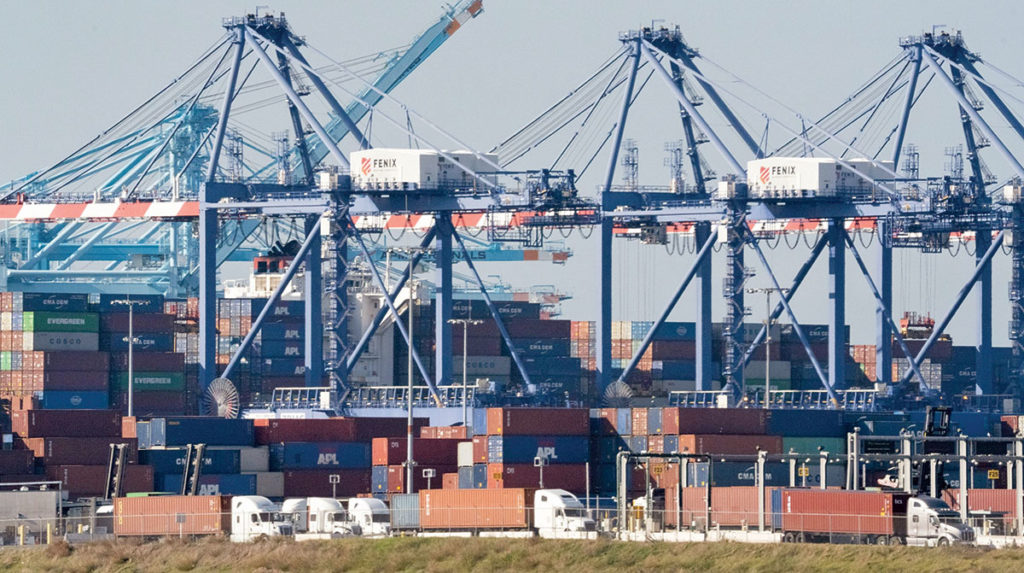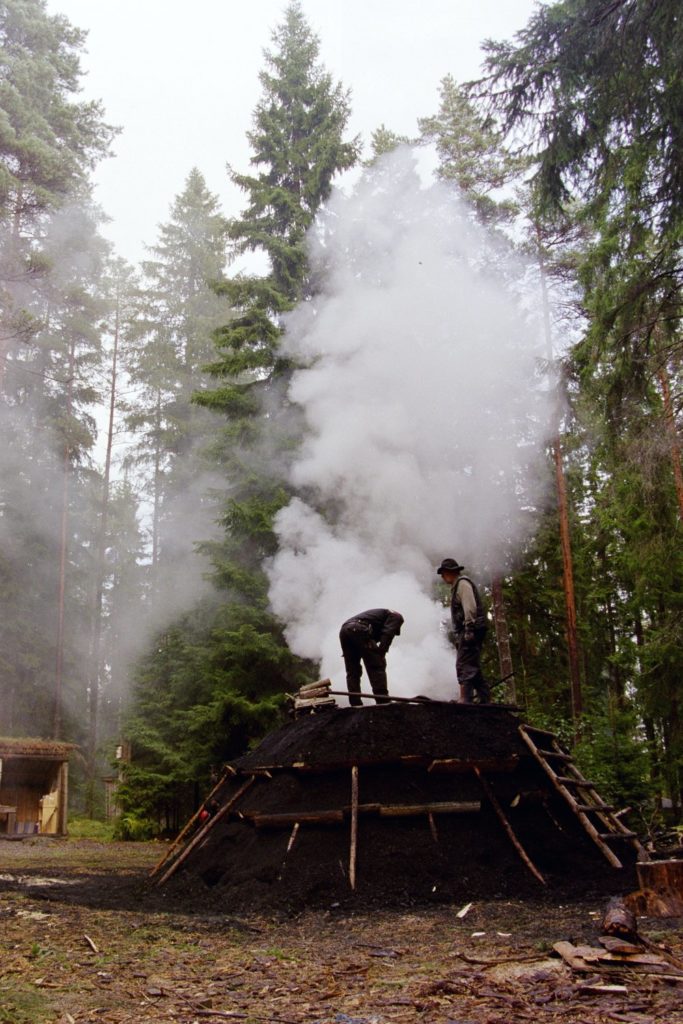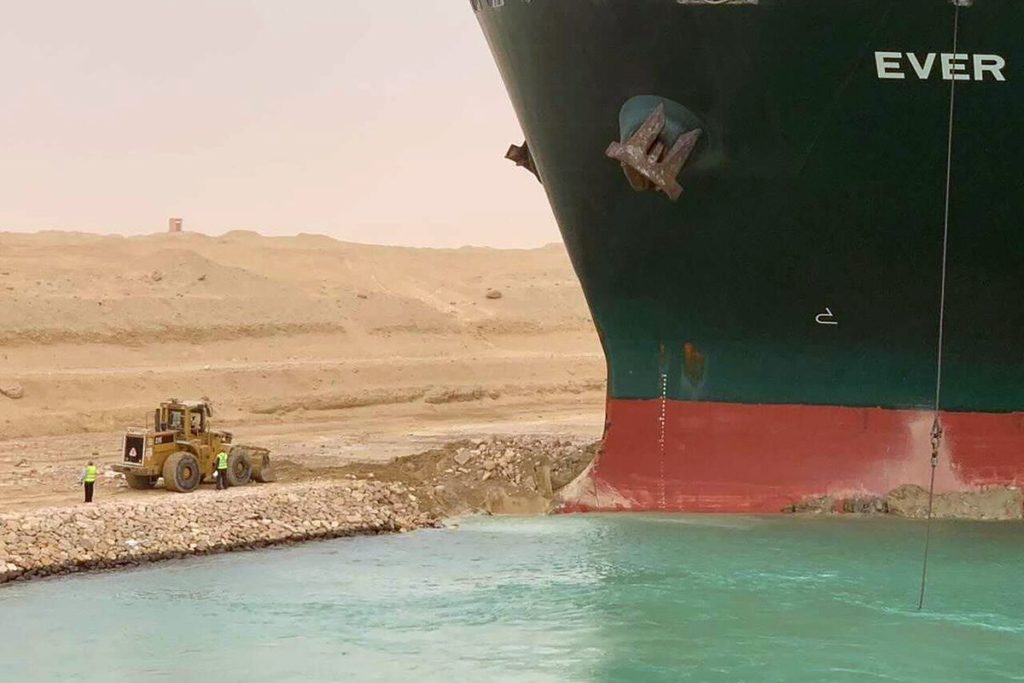supply chains
I am off to give a talk at a labor law conference in Minnesota where I am revisiting some of my discussions of globalization and the need for a Corporate.
The California docks have a solution to solve the supply chain backups. Will it shock you to learn that said solution just happens to fit their own personal preferences around.
I'm going to make the bold statement that maybe outsourcing almost all production of key goods to a few nations in Asia has its downside: The global semiconductor shortage that.
In 2013, the Rana Plaza collapsed, killing 1,129 workers making your clothing. No one in America cared. American companies made sure nothing would change. European companies at least agreed to.
The weather is getting warm and people are grilling. It goes without saying that charcoal is a great way to cook. I'm not going to get into the debate over.
Marc Levinson is a union economist who has done a lot of great work for a very, very long time. He has an interesting Times op-ed on how the ship.
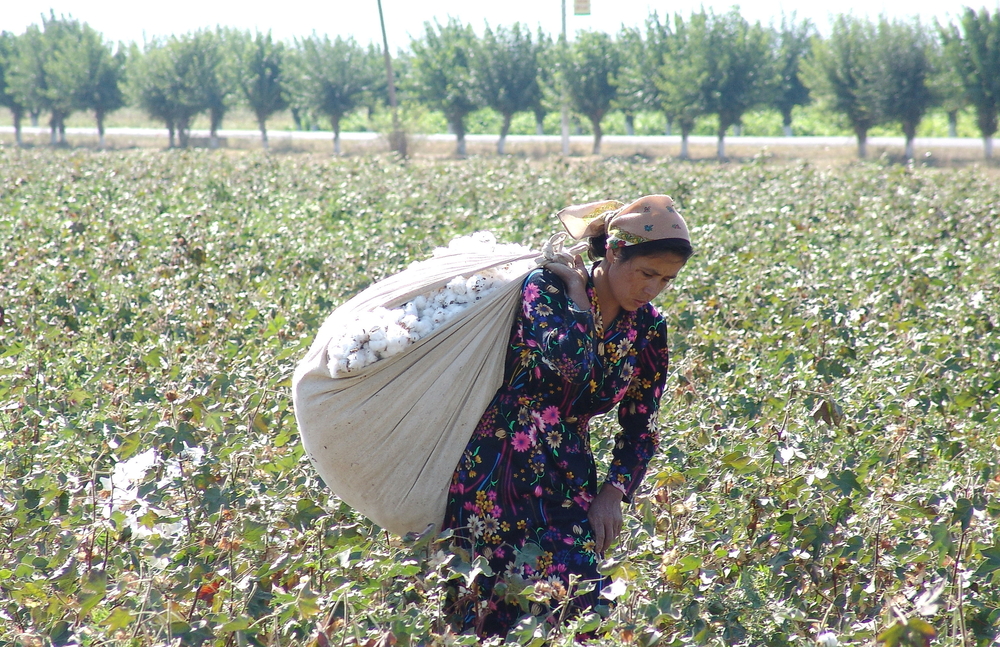
Pandemic or not, the global apparel industry is going to make sure that it is the workers making our clothing that is going to suffer the most. For nearly a.
When you create supply chains without the slightest concern for anything but low costs--ignoring workplace safety, human rights, labor rights, environmentally sustainability, every other concern but wresting profit--you create a.



